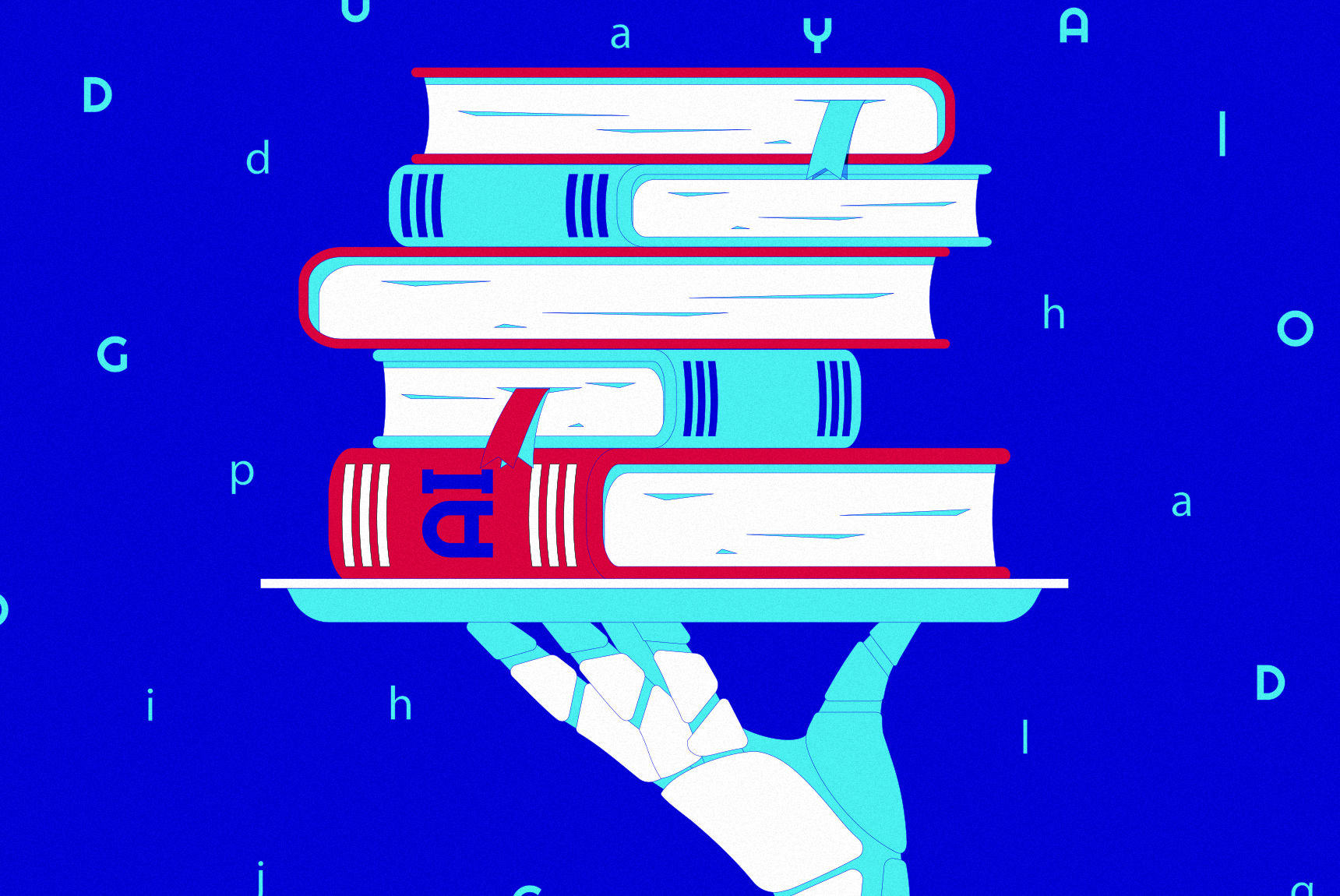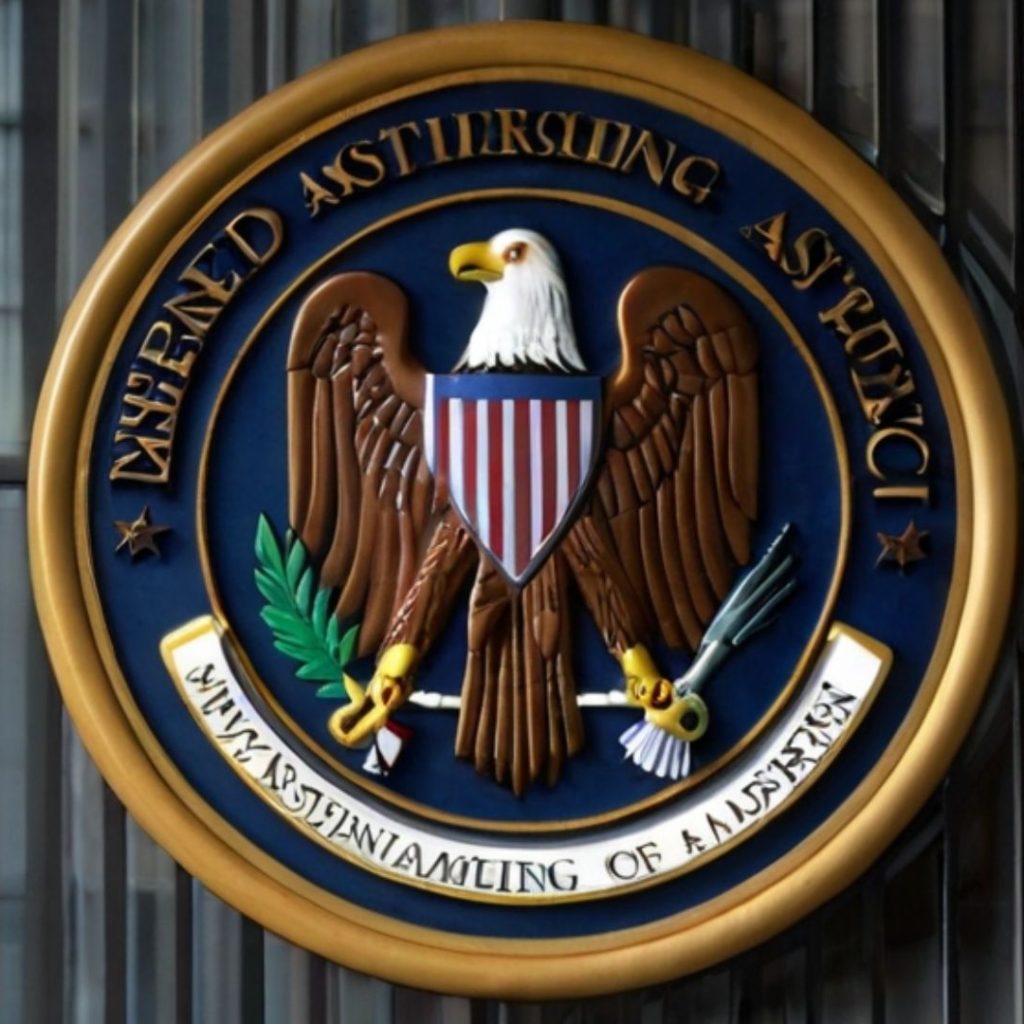In a significant move to address the growing need for artificial intelligence (AI) literacy and workforce preparedness, a bipartisan bill known as the “Artificial Intelligence Literacy Act” was introduced in Congress on December 15, 2023. The proposed legislation has garnered support from various educational institutions, associations, and workforce partners, signaling a united effort to empower individuals with essential AI skills as AI’s influence in the workplace expands.
Bipartisan support for AI literacy
The Artificial Intelligence Literacy Act has received endorsements from both sides of the aisle, highlighting its bipartisan nature. Representatives Lisa Blunt Rochester (D-Del.) and Larry Bucshon (R-Ind.) introduced the bill, recognizing the rapid growth of AI adoption and its increasing role in shaping various industries. Since 2017, AI adoption has more than doubled, with organizations doubling the average number of AI capabilities used between 2018 and 2022.
The primary goal of the AI Literacy Act is to amend the Digital Equity Act of 2021 to include provisions for AI literacy and training opportunities. These opportunities will cover the fundamental principles and applications of AI and address ethical considerations and limitations associated with the technology.
Promoting national competitiveness and digital safety
Moreover, the legislation emphasizes the critical role of AI literacy in enhancing national competitiveness, bolstering workforce preparedness, and ensuring the digital safety and well-being of all Americans. To achieve these objectives, the bill extends grant eligibility to a broad range of institutions, including K-12 schools, colleges, nonprofits, and libraries, intending to foster AI literacy across diverse segments of society.
The Artificial Intelligence Literacy Act has gained support from prominent organizations and figures within the education and workforce sectors. The Society for Human Resource Management (SHRM) is endorsing the bill. SHRM’s Chief of Staff and Head of Public Affairs, Emily Dickens, stressed the importance of AI literacy, stating, “Investing in AI literacy is not just a technology imperative; it’s a strategic investment in work, workers, and workplaces.” She further emphasized that empowering individuals to understand and leverage AI can increase efficiency, innovation, and sustainable success in the rapidly evolving business landscape.
Addressing AI skills gap
The bill aligns with growing concerns about the AI skills gap in the workforce. According to an Adecco Group report from October 2023, while many employees use AI in their workplaces, less than half reported receiving guidance on the technology from their employers. This AI education and training gap can hinder employees’ ability to adapt to AI-driven changes in their roles.
The Pluralsight report released in the same month highlighted workers’ fears and anxieties regarding the obsolescence of their skills due to AI. The availability of AI literacy training opportunities can alleviate these concerns and empower employees with the skills needed to thrive in an increasingly AI-driven world.
The path forward
The Artificial Intelligence Literacy Act’s introduction is a significant step towards equipping individuals with the knowledge and skills required to navigate the evolving landscape of AI. With bipartisan support and endorsements from key stakeholders, the bill’s proponents hope it will play a crucial role in bridging the AI literacy gap and ensuring that the workforce remains adaptable and competitive in the digital age.
As the impact of AI technology continues to grow, the bipartisan Artificial Intelligence Literacy Act seeks to promote AI literacy and workforce preparedness. By expanding access to AI education and training opportunities, the legislation aims to equip individuals with the knowledge and skills necessary to harness the potential of AI while addressing ethical considerations and limitations. With support from various educational institutions, associations, and workforce partners, the bill represents a significant step towards ensuring a digitally literate and competitive workforce in the age of AI.





